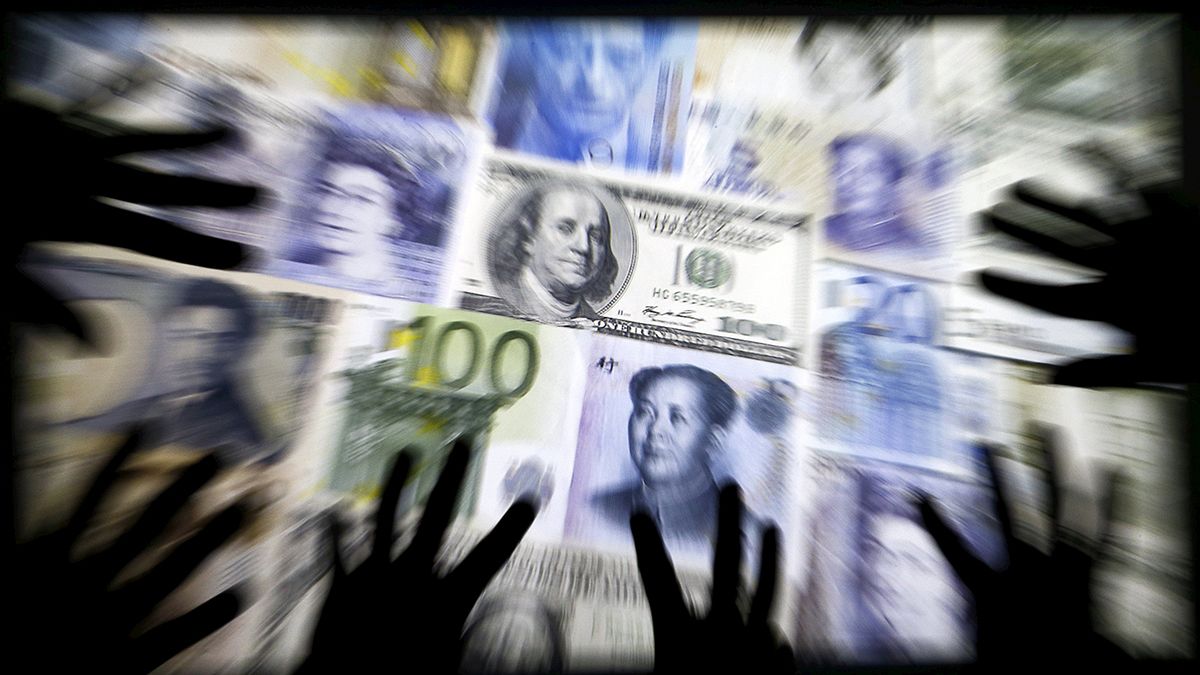The Panama Papers was the biggest data leak in history. Consisting of more than 11 million emails and files from a law firm specialising in offshore
The Panama Papers was the biggest data leak in history. Consisting of more than 11 million emails and files from a law firm specialising in offshore accounts for the wealthy, it has revealed details about the financial affairs of presidents, kings, sports stars and bankers._
But what are the implications? We spoke to Carl Dolan from Transparency International to find out
Below is a transcript of the interview
Euronews: “An unprecedented leak of millions of files of a Panama-based offshore law firm has rocked the news. And it shows just how easily the world’s rich and powerful can exploit secretive offshore tax schemes. Did these revelations come as a surprise to you?”
Carl Dolan, Transparency International: “It comes as a surprise to nobody in the anti-corruption community. Time and time again when you investigate the behaviour of corrupt Nigerian oil ministers or Russian or Ukrainian oligarchs, or organised crime groups, if you follow the money trail, you will hit a dead end. And that dead end usually ends with an anonymous secret company, usually incorporated in secret jurisdictions or a tax haven on a small island country around the world.”
Euronews: “Are these revelations good news for the fight against money laundering, tax evasion and corruption?”
Transparency International: “What you will hear now in the wake of these revelations is the usual condemnations and hand-wringing by governments and political leaders around the world. We have seen this before of course a number of years ago with off-shore leaks, with Lux Leaks. And of course, beyond the words, there is very little concrete reform.”
Euronews: “In a nutshell, what would you ask EU member states exactly. What has to happen now?”
Transparency International: “On this issue, first of all they must make this register of beneficial ownerships open to the public. They can do that straight away. Secondly, once that’s done, they then have the authority and the experience to set their sights on these secrecy jurisdictions – like Panama, like the British Virgin Islands, like Delaware in the United States – and say to those countries: ‘OK, unless you make this information public, unless you share this information with us, there are going to be sanctions in terms of our agreements with you, in terms of our trade deals with you.’”
Euronews: “For the moment being at least, there is no US name on the list. Does that mean that the fight against money laundering and corruption is more efficient in the United States?”
Transparency International: “The reason I would suspect that there are few US names there is, of course, that there are some US states which rank amongst some of the most secretive jurisdictions around the world: states like Delaware, like Nevada, like Wyoming, where it is very simple, very easy to set up a company, where you can hide the proceeds of corruption or other crime very easily and very efficiently.”


